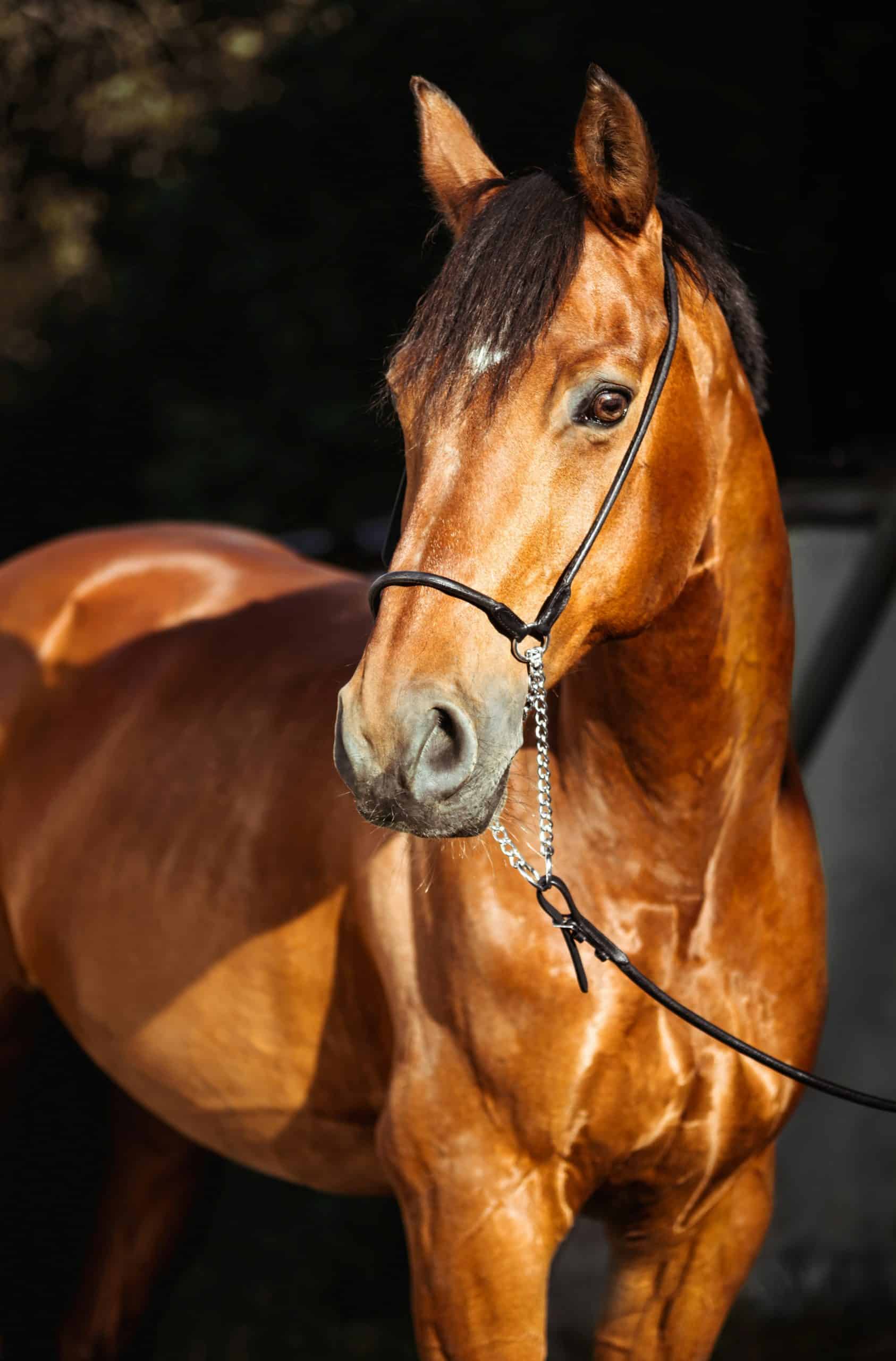What’s the Best Method for Desensitizing a Puppy to Loud Noises?

Introduction
As dog owners, you may have noticed that your beloved pet might shudder, run for cover, or exhibit signs of anxiety in response to loud noises such as thunderstorms, fireworks, and even the sound of a vacuum cleaner. This fear of noise, also known as Noise Phobia, is a common issue in dogs, especially puppies. It is crucial to address this issue promptly and in the right manner to ensure a happy, healthy, fear-free life for your pet. The best way to help your puppy overcome its fear of loud sounds is through desensitization. In this article, we will delve into the best methods for desensitizing a puppy to loud noises.
Understanding Your Puppy’s Fear of Noises
Before delving into desensitization techniques, it’s important to understand why your puppy might be scared of certain noises. Dogs have a much higher sensitivity to sounds than we do, and sudden, loud noises can be jarring and frightening for them. This fear can manifest in various behaviors, such as excessive barking, hiding, or trying to escape.
En parallèle : What’s the Most Efficient Way to Groom a Double-Coated Dog at Home?
Furthermore, a puppy may have had a traumatic experience tied to a specific sound, causing it to develop a fear. In some cases, the fear could also be instinctual, as loud noises often signal danger in the wild. Understanding the root cause of the fear will help you in the desensitization process. However, you should always consult with your vet if you are unsure or if your dog’s reaction to sounds seems excessively fearful.
Techniques for Desensitizing Your Puppy
Desensitization is a gradual process that involves exposing your puppy to the sounds it fears in a controlled and positive manner. It’s a slow and steady process, with the aim of reducing the puppy’s fear response over time. Remember that patience and persistence are key in this process.
A lire aussi : How to Create a Safe Indoor Exercise Environment for a Macaw?
One way to begin desensitization is by playing recorded versions of the sounds that scare your puppy at a low volume, while ensuring that the environment is calm and comfortable for your pet. Gradually increase the volume over time, always keeping an eye on your pet’s response. If your puppy shows signs of fear, reduce the volume immediately.
Pairing the sound exposure with positive experiences, such as treats, playtime, or cuddles, can also help your puppy associate the noise with positive outcomes. With time, your pet will become more and more comfortable with the sounds. It’s important to remember that this process takes time, and rushing could potentially exacerbate your pet’s fears.
The Importance of Training in Desensitization
While desensitization is a potent tool in helping your puppy overcome its fear of noises, incorporating training into the process can yield even better results. Training your puppy to respond to commands such as ‘sit’, ‘stay’, or ‘come’ can not only provide a distraction during exposure to the noise but also give them a sense of control.
Training should also involve teaching your puppy to seek out a safe spot when scared. This designated safe spot—be it a certain room, a kennel, or under a piece of furniture—should be easily accessible and made comfortable for your pet. With time and consistent training, your pet will learn to retreat to these safe spaces when it hears a noise that scares it. Remember to praise and reward your puppy each time it successfully follows your commands or goes to its safe spot.
When to Seek Professional Help
Desensitization and training are usually effective in helping your puppy overcome its fear of loud sounds. However, in some cases, your pet may need more specialized help. If your pet’s reactions to sounds are severe or if they don’t seem to be improving despite your best efforts, it’s time to seek the help of a professional.
A professional dog trainer or behaviorist can provide more personalized desensitization and training plans for your pet. They may also be able to identify any other underlying issues that may be contributing to your pet’s fear. In some cases, a vet might suggest medication to help manage your dog’s anxiety, but this is usually a last resort and is generally used in conjunction with behavioral therapy.
Other Supporting Methods for Noise Desensitization
In addition to desensitization and training, there are other strategies you can use to help your puppy cope with its fear of sounds. These include using noise-canceling headphones designed for dogs, providing a safe and quiet space for your puppy during noisy events like fireworks, and using comforting items, such as a favorite toy or a blanket that smells like you, to soothe your pet.
Remember, the ultimate goal of all these efforts is to help your pet feel safe and secure. Every dog is unique and what works for one might not work for another. It’s important to be patient, understanding, and willing to try various approaches until you find the one that works best for your puppy.
The Role of Diet in Noise Desensitization
The role of your puppy’s diet is often overlooked, but it is a crucial element in the desensitization process. The food you choose to feed your dog can have a significant impact on its behavior. The right balance of nutrients can improve your puppy’s overall health, reduce anxiety, and enhance the effectiveness of desensitization techniques.
High-quality dog food rich in proteins, vitamins, and omega-3 fatty acids is beneficial for your puppy. These nutrients can boost your pet’s immune system, promoting overall health and well-being, which in turn can help in managing their fear response to loud noises. Avoid dog food with artificial additives, as these can sometimes increase anxiety levels in dogs.
In addition to a balanced diet, certain dietary supplements can also aid in the desensitization process. For instance, supplements containing L-theanine and B-vitamins can promote calmness and reduce anxiety in dogs. However, it’s important to consult with your vet before introducing any supplements into your pet’s diet.
Moreover, feeding times can also play a role in easing your pet’s noise phobia. For instance, feeding your pet a small meal before a known noise event, such as a thunderstorm or fireworks display, can help keep them calm. Make sure to also provide them with plenty of fresh water, as hydration is key in managing stress levels.
Long-Term Benefits of Noise Desensitization for Dogs
The process of desensitizing your puppy to loud noises has numerous long-term benefits. Firstly, it can significantly improve your pet’s quality of life. Dogs that are scared of loud noises can experience a great deal of stress and anxiety, which can lead to health problems over time. By helping your pet overcome its fear, you are promoting its overall health and well-being.
Secondly, noise desensitization can strengthen the bond between you and your pet. By spending time together during the desensitization process and demonstrating that you are there for them in times of stress, you are building trust and deepening your relationship.
Lastly, a puppy that has been successfully desensitized to loud noises will be able to navigate the world with less fear and anxiety. This means they will be more comfortable in various environments, whether it’s a bustling city street, a crowded park, or a noisy household. As a result, they will likely be more compassionate, well-adjusted adults, able to interact with other dogs, animals, and people more effectively.
In conclusion, desensitization training is an invaluable tool for helping your puppy overcome its fear of loud noises. It’s a gradual process that requires patience, understanding, and the use of effective strategies such as training, a balanced diet, and creating a safe space. While it might seem challenging at first, the long-term benefits are worth the effort, resulting in a happier, healthier, and more secure pet. Remember, every dog is unique, and what works for one might not necessarily work for another. Therefore, it’s crucial to understand your pet’s specific needs, consult with professionals when needed, and never hesitate to seek help if you’re unsure.
